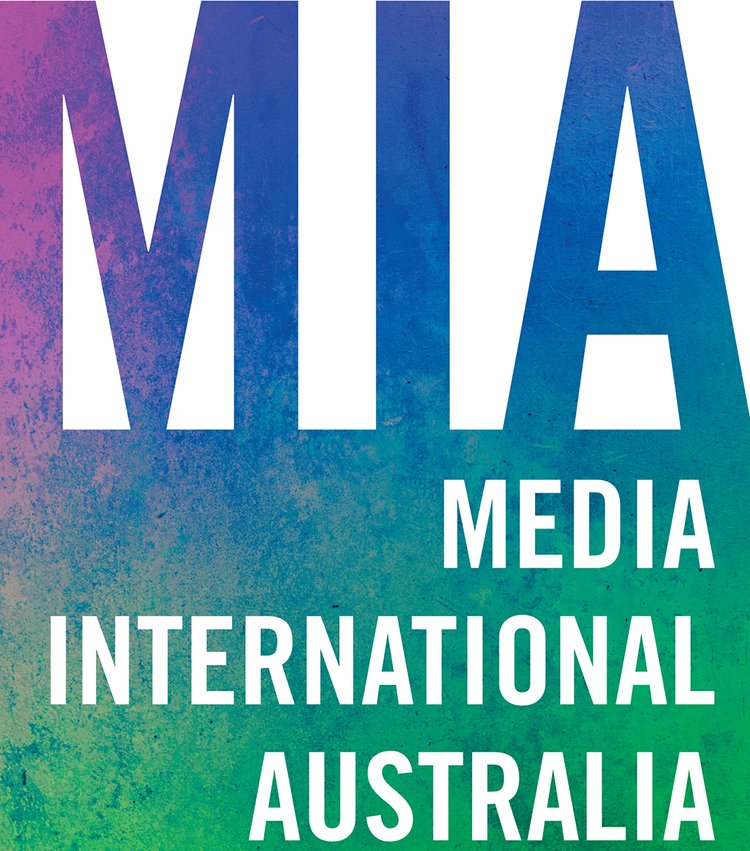Call for papers
Conference Key Dates
Abstract submission closing date: Friday, 19 July 2024 (11.59 pm AEST)
Acceptance notifications by: September 2024
Early bird registrations open (including PG/ECR Day): 16 September 2024
Early bird registrations close: 11 October 2024
Full papers due: 11 October 2024
Registrations close: 18 November 2024 (https://www.conftool.net/aanzca2024/)
Conference dates: 25-27 November 2024
PAUSE
Society is facing multiple crises at the planetary level, spanning climate change, public trust, political uncertainty, geopolitical instability and technological upheaval. Extreme weather events are now a familiar part of the daily news cycle. Trust in institutions and news media has eroded while public cynicism and civic disengagement have grown. Far-right parties have become increasingly electable, forcing the news media to re-evaluate coverage of politicians promoting extreme xenophobia. Wars across several regions have also highlighted the central role that media plays in escalating conflicts and violence, from the use of drones and AI-assisted airstrikes, to the dissemination of online propaganda in support of particular worldviews. In such a context, calling for a pause seems indulgent.
However, pausing is not always a sign of apathy or inaction. It can be an opportunity for reflection and deliberation. A pause can provide a chance to seriously consider how to proceed, before deciding on meaningful action, or ensure care for the self amidst a time of crisis. Indeed, taking a moment to stop might be necessary for disciplines that have had to deal with momentous change. Over the last decade or so, platform ecosystems and major technology firms have become key infrastructures for media and communication industries. In response, communication scholars have rushed to understand how social media and streaming platforms, as well as corporations like Apple, Amazon and Google, have influenced their specific areas of interest.
Yet recent developments suggest that we might want to stop and take stock. Existing frameworks for understanding communication may not be as viable as they once were. Are we on the edge of another revolution, now that large language models like Chat GPT are accessible and user-friendly? Do our taken-for-granted digital communication research methods need to change, given the current challenges associated with accessing platform APIs, and the decline of familiar platforms like Twitter-now-X? Do we need to rethink what communication looks like in the future, given the carbon footprint associated with modern computing, especially generative AI? Are we ahead of the game in understanding the increasingly sophisticated and technology-enabled strategies of covert political actors, or is our research and theory being outpaced by practice that fuels global unrest?
We suggest that our disciplines and the world are not just in crisis, but at an inflection point. Scholars of institutionalism call this a critical juncture, a moment of flux where “dramatic change is possible” (Capoccia and Kelemen, 2007). We invite AANZCA24 attendees to discuss and consider the challenges and opportunities associated with this critical juncture. In short, this is a chance to pause and come together to discuss how the land lies before us now and beyond the current inflection point.
We welcome remote or in-person submissions on the following themes and beyond:
1. How ‘pauses’ are conceptualised in relation to media consumption and production.
2. Critical reflection on moments of pause, appraisal and rest in media and communication production, practice and labour.
3. Creative and professional practice that takes a critical approach to pausing, reflection and advocacy.
4. Critical junctures in media and communications or relevant sub-fields, either historic or contemporary.
5. News media influence on engagement and reflection on critical issues of our time.
6. Critical studies on the impact of generative AI tools in professional communication, creative practice, and everyday digital culture.
7. Findings, outcomes or reflections from activist, advocacy, social change and community-based research projects and their stakeholders.
8. Insights on new or evolving strategic communication practice in a time of global unrest.
9. Material impacts of digital technologies during war, conflict or crisis.
10. Methodological challenges presented by a dynamic platform environment.
As always, we also welcome papers representing the diversity of research interests across the organisation’s various sub-fields.
Program Highlight
‘A Body of Water: A Walk with N’arwee’t Carolyn Briggs’
Tuesday November 26, 9am – 11am
Beginning at Queens Bridge, Birrarung (Yarra River)
AANZCA 2024 is proud to present our Indigenous keynote event, a riverwalk led by N’arwee’t Carolyn Briggs AM PhD.
To secure your spot, register here.
Dr N’arwee’t Carolyn Briggs is a Boon Wurrung elder, chairperson, and founder of the Boon Wurrung Foundation. She has dedicated over 50 years to developing opportunities for Indigenous youth and preserving Boon Wurrung culture. Her contributions to language restoration and cultural heritage have garnered national recognition, including being awarded a Member of the Order of Australia in 2019.
Dr Briggs will lead an immersive experience on country, which invites participants to pause to explore the cultural and historical significance of the Birrarung (Yarra River). N’arwee’t Carolyn Briggs will share her invaluable knowledge on the river’s role in Indigenous life and the interconnectedness of water, sovereignty, land, and people.
This event will be scheduled in the conference program, but places are limited. The event location is accessible, but please let us know if you need specific accommodations.
For those of you not able to attend ‘A Body of Water’, Storey Hall will be exhibiting academic and creative work from Indigenous scholars in events previously held across Australia and Aotearoa New Zealand.
Remote attendance/presentation
Delegates will be able to present remotely. Only a limited amount of conference content will be available for remote attendance due to resource limitations around AV (e.g. keynotes, some panels and select streams).
Travel Bursaries
To help support our members’ travel to AANZCA2024 in Melbourne in November, AANZCA is offering 2 x $750 travel grants for our New Zealand colleagues, and 2 x $750 travel grants for any AANZCA member (regardless of location). These bursaries are designed to help members in precarious labour arrangements, higher degree researchers and early career researchers, and those members from institutions that are not providing financial support. If you qualify for these grants, please send your EOI to James Meese (james.meese@rmit.edu.au) by 16 August addressing the following:
* Financial member (Y/N)
* Your institution
* Your employment status/stage of PhD
* Title of paper submitted to the 2024 AANZCA conference
* How your work contributes to the broader efforts of AANZCA
Awards
All submissions, whether full papers or abstracts, will be considered for the Grant Noble and Christopher Newell Prizes.
The Mills Award is awarded to help students and early career scholars in organisational communication attend AANZCA conferences. Applicants must nominate that they wish to be considered for the award when submitting for the conference.
Anne Dunn Scholar of the Year Award (co-sponsored by JERAA) recognises excellence in research in the fields of journalism or communications, including but not limited to broadcast media for the public benefit. Application for the 2024 award is open, all applications should be sent to penny.odonnell@sydney.edu.au by July 31, 2024.
We will be sharing further details about other AANZCA Conference awards in due course.
You can register for the conference and submit your abstracts via conftool.
Please email aanzca2024@gmail.com if you have any questions.
Submission Instructions
Abstracts (due 19 July)
Abstracts should be 250 words, accompanied by a 100 word bio for each author. Authors who are writing a full paper also need to submit a separate abstract by this deadline.
Panel Proposals (due 19 July)
For pre-constituted panels of 3-4 speakers – submission must include a panel title, abstract (250-500 words), the names and affiliations for each speaker, an abstract for each speaker (250 words) and a bio for each speaker (100 words).
Full Papers (abstracts due 19 July, full papers due 11 October 2024)
Only full papers will be considered for publication in the special issues. All scholars will be considered for Media International Australia and Communication Research Practice, and only HDRs will be considered for Platform: Journal of Media and Communication. Submitted papers will need to be 6,000 – 7,000 words in length (including references).
Authors selected for CRP, MIA or Platform will be contacted following the conference and their papers will then go through blind peer-review. Decisions about inclusion in the conference will only be made on the basis of abstracts, which means that all authors of full papers will also need to submit an abstract separately. You will be able to go back into your submission on conftool and upload the full paper for the later deadline.
A conftool submission guide is available here.
Submission limits
In the interests of diversity and equity, we have set limits on presentations for the forthcoming conference. Each participant will be able to present one paper as lead author as well as appear on one panel. You can appear on additional papers as a secondary author but must not present these.
Eligibility
You do not need to be a member of AANZCA to submit an abstract, panel proposal, or full paper. If your submission is accepted, you will be asked to register for the conference via our website.
Submit here




